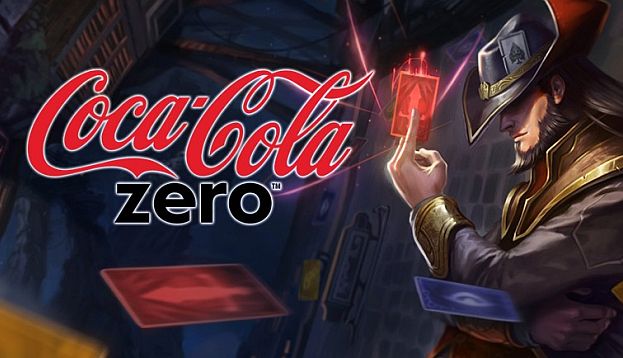The rapid rise of eSports in the past few years has taken many major brands by surprise. The size of the eSports audience has rapidly grown, and the numbers are there to demonstrate that. The Twitch streaming service has over 45 million monthly views, with most of that coming from games that are part of eSports. The prize pool in the recent DOTA 2 tournament The International reached over $10 million, exceeding the prize for the PGA Pro Tour. Last year’s League of Legends World Championships attracted an audience exceeding that of the NHL’s Stanley Cup playoffs. The message is clear —eSports has arrived.
Yet so far, most major brands have yet to put marketing dollars into eSports. There are a number of factors that might explain this, such as the bewildering array of video games that call themselves an eSport; a number of different professional leagues; a large variety of ways to advertise or sponsor eSports; and no clear guides to this complex, fast-growing and fast-changing universe. More than that, it’s difficult to convince executives not familiar with video games and eSports that this is really an under-utilized, powerful marketing channel.
The appeal of massive, highly engaged audiences of a core demographic that’s difficult ot reach in any other way is strong, and it won’t be overlooked forever. Smarter brands are already building marketing strategies and budgets that include eSports, and it’s not just brands that are in small product segments that are tightly involved in eSports. The appeal is now a mass-market appeal, and mass-market brands are responding to the siren call.
The Coca-Cola Company has been one of the early mainstream brands to embrace eSports. The company aligned with Riot Games and its global League of Legends eSports infrastructure to build an amateur league featuring its Coke Zero brand. Matt Wolf, Coca-Cola’s global head of gaming, said the company considers eSports a key pillar in its overall gaming strategy. So far, fans have embraced the new Twitter page, @cokeesports , and he expects the company’s foray into eSports to continue to grow. Wolf explains why it’s important to connect with this huge global audience today in this exclusive interview.
[a]list daily: Why did Coke decide to get involved in eSports?
Matt Wolf: Approximately one-fifth of the world actively plays video games for an average of an hour a day and its growing. ESports is booming as a result, generating billions of hours played and tens of millions of hours watched every month. Fans of eSports participate the sport in three ways — playing, watching and attending live events. For The Coca-Cola Company, the opportunity for us is how we can connect with the loyal eSports fans at these three participation points in an authentic way, and in a way that delivers added value to their experience and to the game. Through this partnership with Riot Games we strive to elevate eSports, using our brand as a lens to bring recognition to the gaming community and look forward to other exciting plans we currently have under development.
[a]list daily: How have you worked with Riot Games with League of Legends?
Matt Wolf: Earlier this year, we kicked off our partnership with Riot Games through Coke Zero and the development of the “Challenger Series,” a series for amateur gamers to compete for a spot in the professional league. We have worked very closely and collaboratively with Riot Games to create a league that delivers true value to the fans and players of the sport, and that begins to build an infrastructure for eSports that mirrors that of the more traditional sports. To help promote the partnership, we recently launched @cokeesports on Twitter as a place for the brand to engage with fans through our activation with League of Legends. Moving through the end of the year, we will have a presence in South Korea for the World Finals in October.
[a]list daily: How have you seen eSports, especially League of Legends, grow in recent years?
Matt Wolf: It has been amazing to see eSports and League of Legends grow over time. The numbers are staggering. Those outside of the gaming community really aren’t aware of how intensely players and fans consume it. But we are hoping our involvement will help to enhance the community because, similar to The Matrix, once the general public is exposed to eSports, they may never look at the world of entertainment in quite the same way again.
[a]list daily: What opportunities have the livestreaming of eSports competitions, as well as player and team practice sessions, opened up for your brand?
Matt Wolf: Two words: reach and scale. Twitch is powerful because it offers a direct-to-consumer marketing platform, however, we are really interested in the deeper integration with the community that lends itself more to the live event side of the business. The key to both platforms is credibility and authenticity — the right voice at the right time is critical to connect with the audience.
